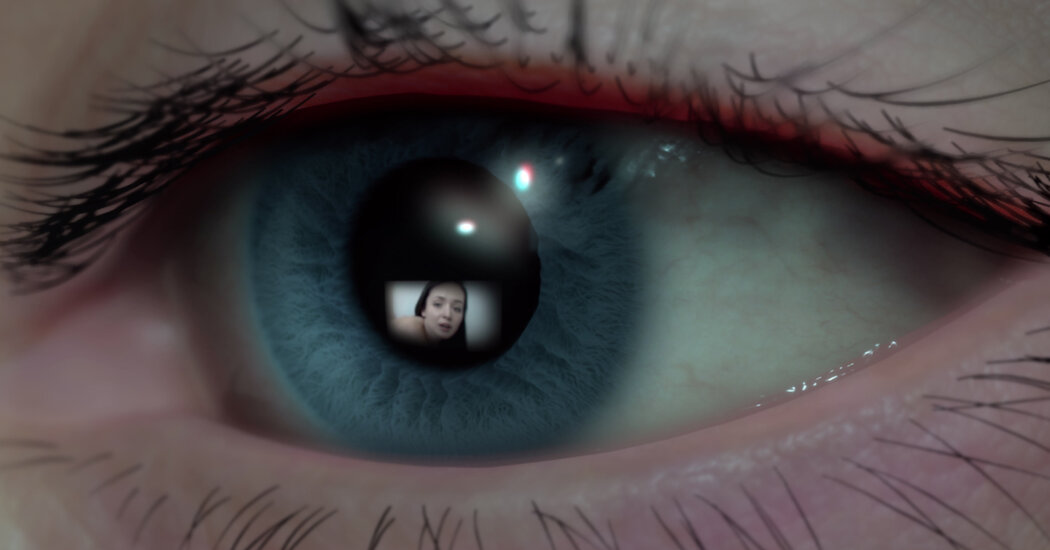
When Taylor Klein, an engineering student, receives a message from a friend advising her to open a link, she’s cautious. Eventually she clicks, and finds herself staring back at herself. Taylor’s face has been stolen to make a deepfake video, which was posted with her personal information on a pornography site.
The documentary “Another Body” takes us into this cowardly new world, one in which the images of a person — most often a woman — can be lifted from social media and digitally repurposed.
When Taylor contacted the police to report what she thought was a crime, she didn’t get far. Currently only five states have laws making nonconsensual deepfake pornography a criminal act.
The film, directed by Sophie Compton and Reuben Hamlyn, follows Taylor as she attempts to track down the person responsible. Along the way, she discovers two others whose faces have also been used for deepfake porn: Julia, a woman she recognizes from college, and Gibi, an ASMR actor and streamer.
The twist is that Taylor’s and Julia’s names are pseudonyms and that they are portrayed by “face veil” actors (that technology came to the fore in the documentary “Welcome to Chechnya”).
“Another Body” is most persuasive when experts weigh in on the reality-upending aspects of deepfake technology and image-based sex abuse. That the documentary does this by utilizing some of that technology to protect Taylor and Julia’s identities raises its own ethical questions — ones that, even with the filmmakers’ compassion and transparency, “Another Body” doesn’t quite resolve.
Another Body
Not rated. Running time: 1 hour 20 minutes. In theaters.






